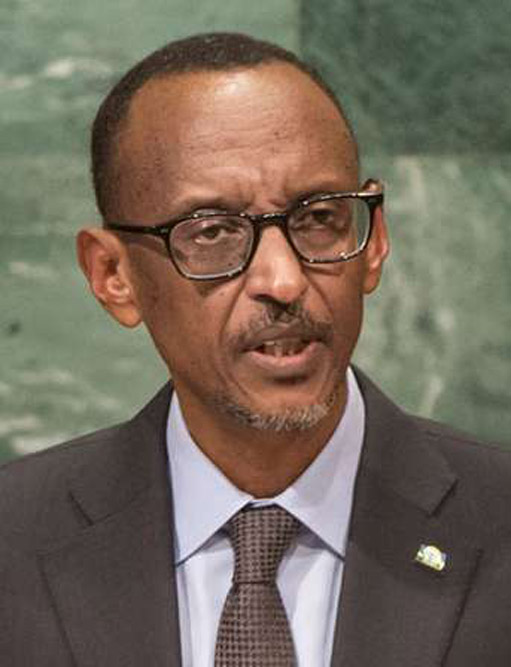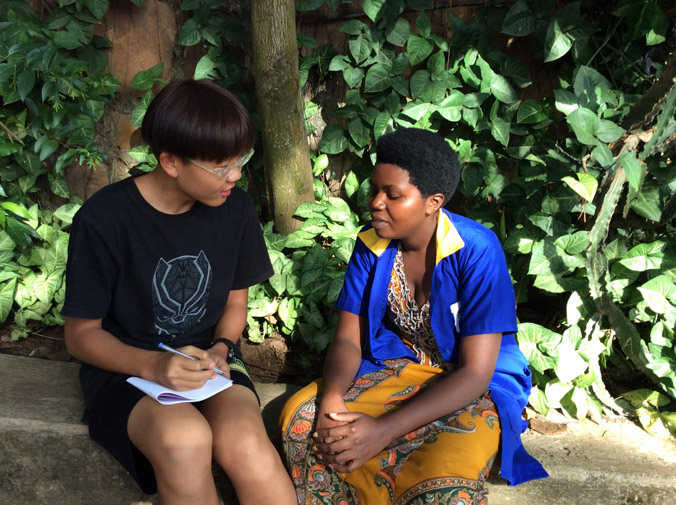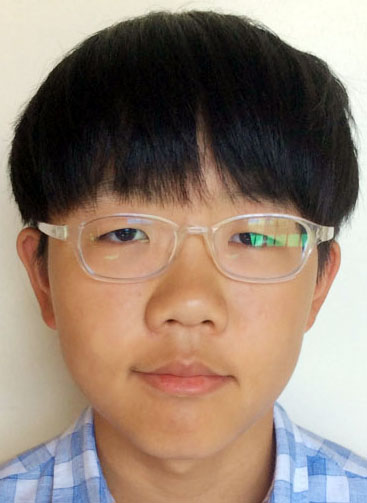April 6, 1994. It was the day when former Rwandan President Juvenal Habyarimana was returning to Kigali, the capital city of Rwanda. Suddenly, the plane that President Habyarimana was inside was shot down, killing the grand figure. The reason behind this assassination still remains unknown to this day.
This caused the Rwandan Genocide, from April 6, 1994, to mid-July 1994. Originally, it is part of the Rwandan Civil War that commenced on October 1, 1990. It was a battle between the Rwandan Armed Forces (RAM), which represented the Rwandan government and the Hutu, against the Rwandan Patriotic Front (RPF), the Tutsi. The Hutu and Tutsi are the two tribes of Rwanda that still exists to this day.
In the midst of the mass extinction, an individual arose from the Rwandan Patriotic Front: Paul Kagame.

Since April 17, 2000, as the present incumbent, he has been devoting his time into rebuilding and revamping the country for peace between the Hutu and Tutsi, by banning ethnic references in the constitution as well as official laws of the nation. President Kagame was re-elected in 2010; in his second term, he has brought Rwanda impressive economic results and stability, making the nation an ideal for other African countries. In 2017, with almost 99% of the votes, he was elected for a third term.
Sharing everything as one, today, there is complete peace between the tribes. President Kagame should be congratulated for his contributions to Rwanda.
I have interviewed Mrs. Felicie Bakamuranga, an elementary teacher that works at Megs Foundation School that underwent the Rwandan Genocide:

"Now, I think he is a good president because before, in our country, there was many problems. For example, he ended to Rwandan Genocide. Now, in Rwanda, there are many changes because there is many soldiers. Also, I think we have security in our country."
Q: Do you appreciate his actions for the Genocide?
"Yes, because I was very young, around 6 years old. I saw many people getting killed or severely injured. Now, I hope Genocide will never happen again. I hope Kagame will being only peace.."
Q: Would you like him being president for longer?
"In the near future, I would prefer Kagame being the president of Rwanda for longer because I think he is intelligent and more excellent than any other president of Rwanda. He came in power to stop every bad thing about Rwanda."
Nevertheless, according to CounterPunch, he has been criticized for the mass murder of the Hutu for a long period of time. There were civil protests about Paul Kagame being a criminal that contributed to a large part of the Rwandan Genocide; the Rwandan Civil War and the Genocide is still an indelible and painful experience to numerous Rwandans. However, the current Rwandan president Paul Kagame was successful in ending the Genocide with his outstanding leadership of the Rwandan Patriotic Front.

Justin An
Grade 9
International School of Kigali
By Justin An

